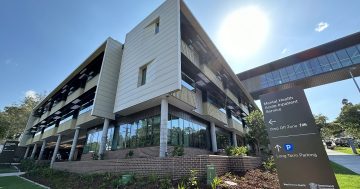UNITED KINGDOM
 Public Servants absent from work due to mental health problems cost the UK Home Office £12 million (A$21.7 million) last year, a Member of Parliament has reported.
Public Servants absent from work due to mental health problems cost the UK Home Office £12 million (A$21.7 million) last year, a Member of Parliament has reported.
Other Departments have lost hundreds of thousands of pounds’ worth of staff time to stress alone.
Liberal Democrat MP, Tom Brake, who compiled the data, said the impact of the UK’s impending exit from the European Union (Brexit) was likely to be a contributing factor, both in terms of direct attacks on PS employees and because of the focus on Brexit diverting staff from other policy work.
Mr Brake submitted a series of questions to Departments seeking to shed light on the scale of the effects of stress and other mental health conditions on PS staff.
The answers he received revealed wide discrepancies in how Departments collected and reported data linking mental ill health, attendance and costs.
Of the six Departments that gave figures specifically addressing mental health–related absence, the Home Office reported having the highest proportion of staff who had taken time off for a mental health condition.
Minister for the Home Office, Victoria Atkins said her Department was “committed to breaking down barriers and reducing stigma for employees living with mental health conditions”.
Mr Brake’s questioning also showed that 4 per cent of staff at the Ministry of Justice — 2,764 in total — had mental health–related absences in 2018–19, accounting for 7 per cent of employees with any sickness absence.
At the Department for International Development, mental health conditions caused 106 employees, or 3.6 per cent of the workforce, to take time off.
Neither Department could put a figure on how much this had cost.
General Secretary of the Public and Commercial Services Union, Mark Serwotka said it was no surprise that PS staff had to take time off work due to stress or other mental ill health.
“This is due to increased workloads and staffing cuts,” Mr Serwotka said.
“Unless Ministers get their act together, the problem of stress and sick related absences will continue.”
London, 1 June 2019











